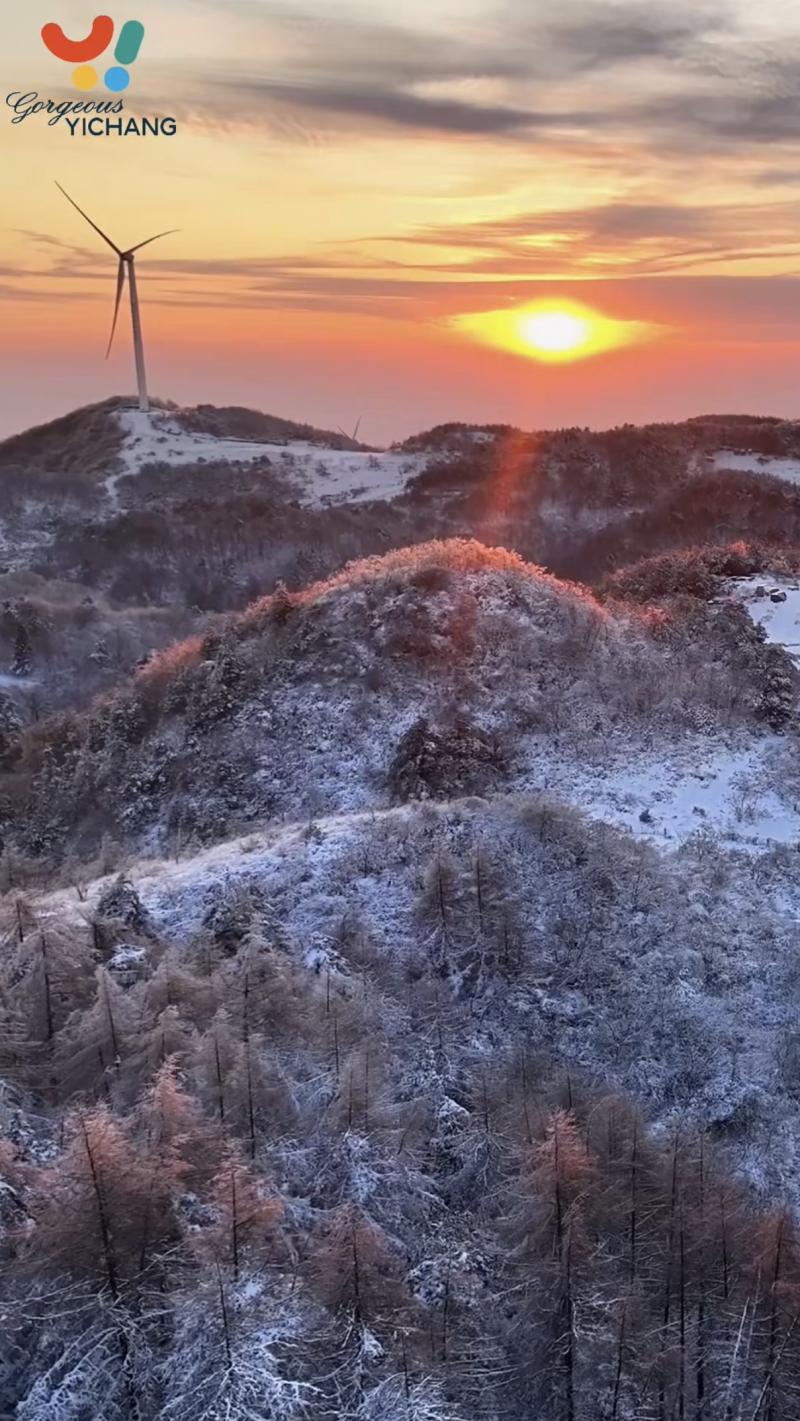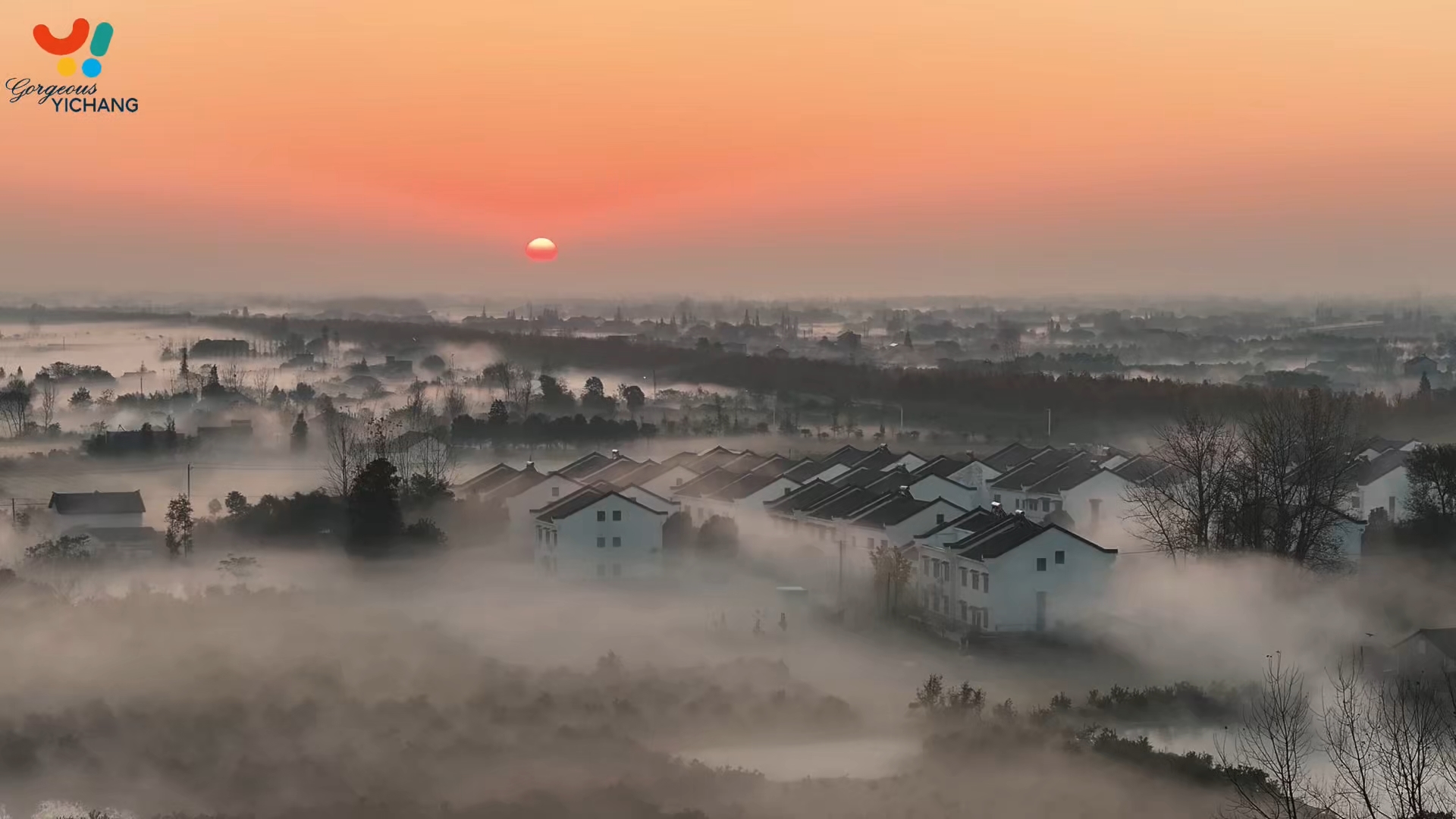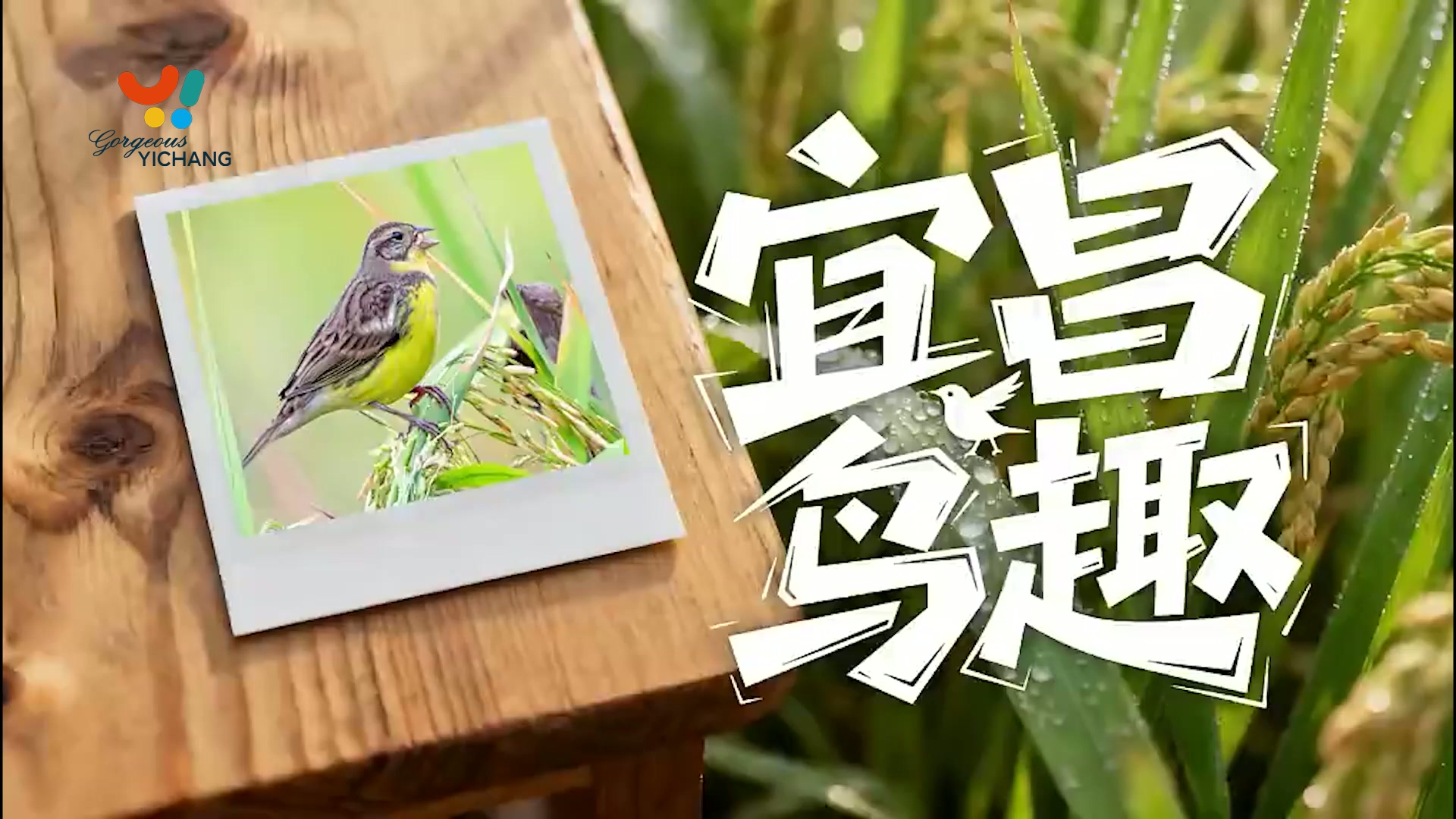Huang Daqian: guardian of Houhe's forests and biodiversity
2024-08-31 19:08:31
Journalist: Wan Longyun, Yao Yuqi
Editor: Tan Maolin
In the forests of Houhe National Nature Reserve in Wufeng County, towering trees covered in moss reach toward the sky.

Editor: Tan Maolin
In the forests of Houhe National Nature Reserve in Wufeng County, towering trees covered in moss reach toward the sky.

Houhe National Nature Reserve. Photo by Zheng Jialu.
The path up the mountain is extremely steep, but 71-year-old Huang Daqian takes it on with the agility of a much younger man. "I know every twist and turn, every rise and fall, like the back of my hand."
After a sharp left turn up the slope, we emerge from the forest to a breathtaking view. "We're here!" He exclaims after reaching the more than 40 year old wood cabin that greets him after each ascent. Every plant, animal, and peak is given a name by Huang. "Xiaoshan" to the right and “Hupingshan” further right, "Yuantou" to the left and "Kuyanjian" further left. These peaks are all part of Houhe.
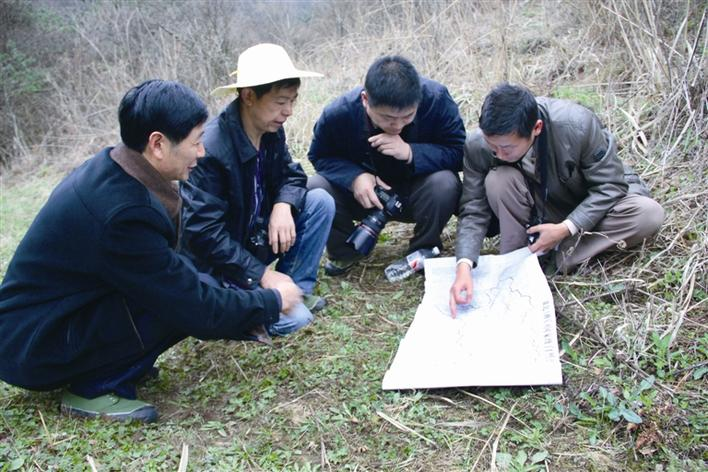 Huang Daqian (first on the left) conducts a survey in the field. Photo provided by Huang Daqian.
Huang Daqian (first on the left) conducts a survey in the field. Photo provided by Huang Daqian.Huang has worked many jobs throughout his legendary career. He was among the first forest rangers in Houhe, witnessing the establishment and upgrade of the nature reserve. He is known as a "walking map" of plant protection and for filling a crucial knowledge gap in Hubei. He is the pioneer of the Asian honey bee (Apis Cerana) industry in Wufeng, turning his research into a new source of income for locals.
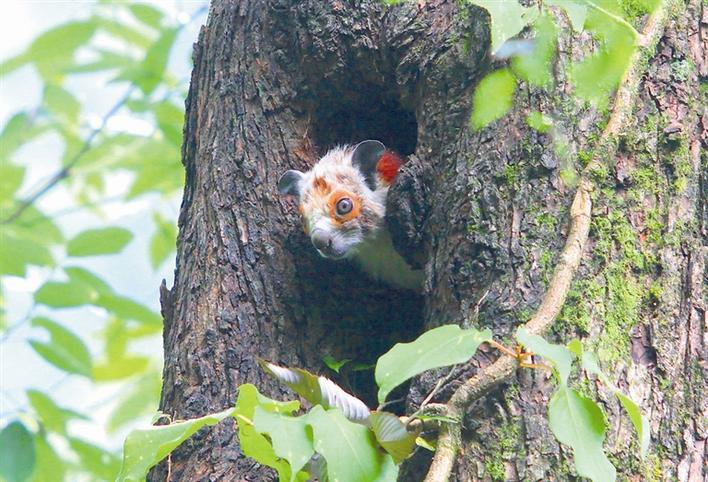 Huang Daqian leads a scientific research team into the mountains for a field study, and the team captures photos of the red and white giant flying squirrel. Photo by Li Chuanping.
Huang Daqian leads a scientific research team into the mountains for a field study, and the team captures photos of the red and white giant flying squirrel. Photo by Li Chuanping.As a son of Houhe, Huang guards this green haven as if it were his own child.
In the 1970s, over 300 loggers worked in the virgin forests, felling trees by the acre and hauling out timber by the truckload. In 1977, the predecessor of Houhe Nature Reserve was established, and 24-year-old Huang became one of the first rangers. In 1979, a rare community of over 20 plant species, including the dove tree, was discovered here, kicking off Houhe reserve’s evolution.
Huang has faced many challenges, like stopping local villagers from illegally digging "Sankezhen" (raw material for berberine extraction) - a type of medicinal plant, referring to the root bark or stem bark of the Berberidaceae family plant. He later found subsidy from the local government to support their livelihood, realizing that protecting the mountain also meant finding a new source of income for the local community.
In 1999, Huang published a book documenting traces of the protected forest musk deer. For years, no one had recorded the elusive animal on camera, until 2017 when camera traps captured its image for the first time. The diversity of wildlife reflects the health of the ecosystem, thanks to the dedication of Huang and others like him.
After retiring in 2013, Huang turned his attention to beekeeping. He led the establishment of the Dove Flower Honey Company and the Association of Asian Honey Bee Industry. He innovated techniques to improve honey quality and gave over 200 lectures. Today, 80 percent of local households keep bees, which are vital pollinators for the thriving flora.
In 2021, Huang co-authored the "Flora of Honey Plants in Hubei.” He has been honored as a model citizen for Yichang, an expert in the livestock industry, and an outstanding beekeeper. But to him, it's all part of the same mission - preserving the mountains he has loved since childhood.

